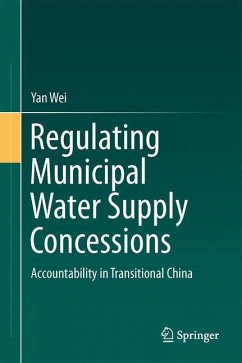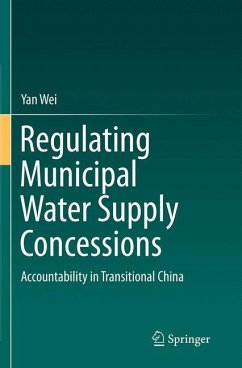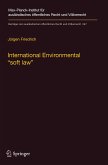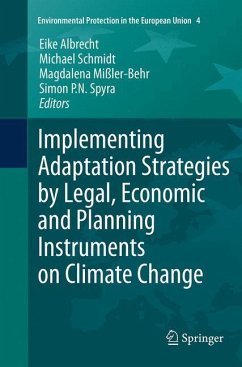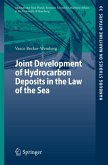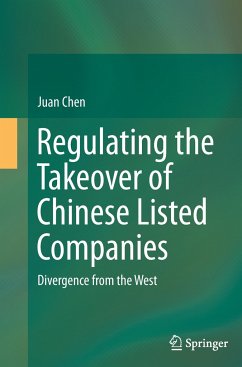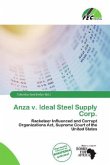This book discusses the recently introduced concession policy, which is also known as PPP worldwide, on municipal utilities policy in China. In this context, critics have claimed that there is a gap in accountability with regard to concessions. The author utilizes interdisciplinary methods and comparative studies, taking into account the situation in the EU and US to analyze the accountability gap some feel will be created when the policy is implemented. Taking water sector concessions as the subject of discussion, the author distinguishes between three types of accountability: traditional bureaucratic accountability, legal accountability and public accountability. By systematically analyzing the essential problems involved, the book attempts to achieve a better understanding of concession and its application in the context of public utilities and finds that the alleged accountability gap is attributed to traditional bureaucratic accountability in China and the concession system per se.
Bitte wählen Sie Ihr Anliegen aus.
Rechnungen
Retourenschein anfordern
Bestellstatus
Storno

